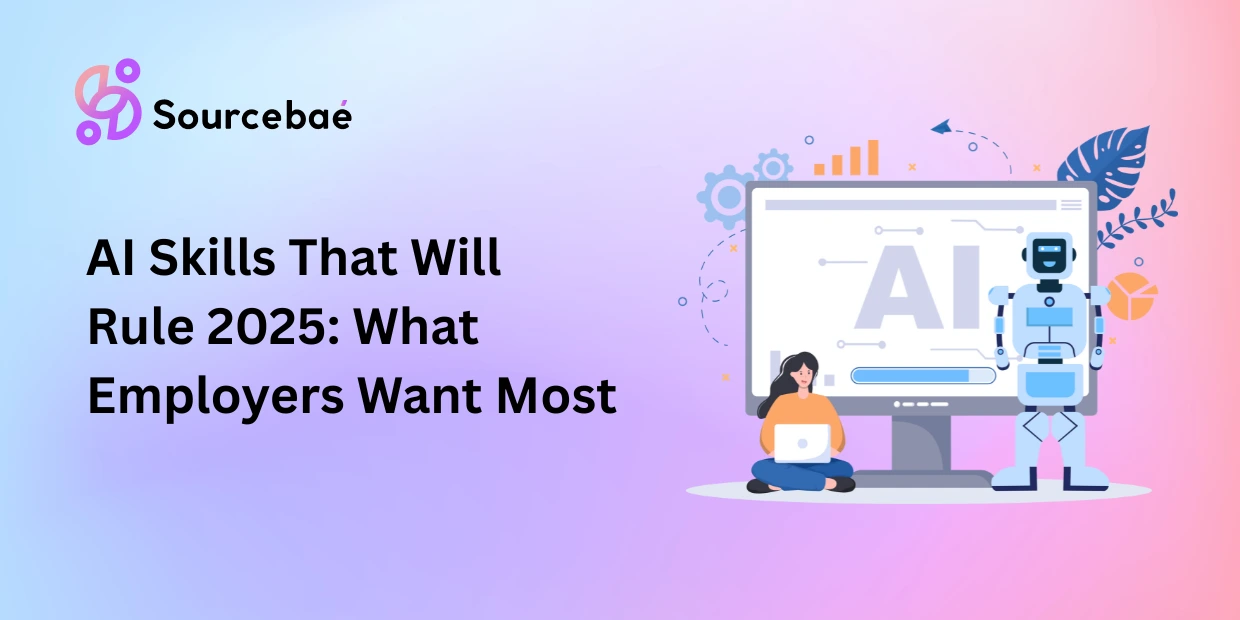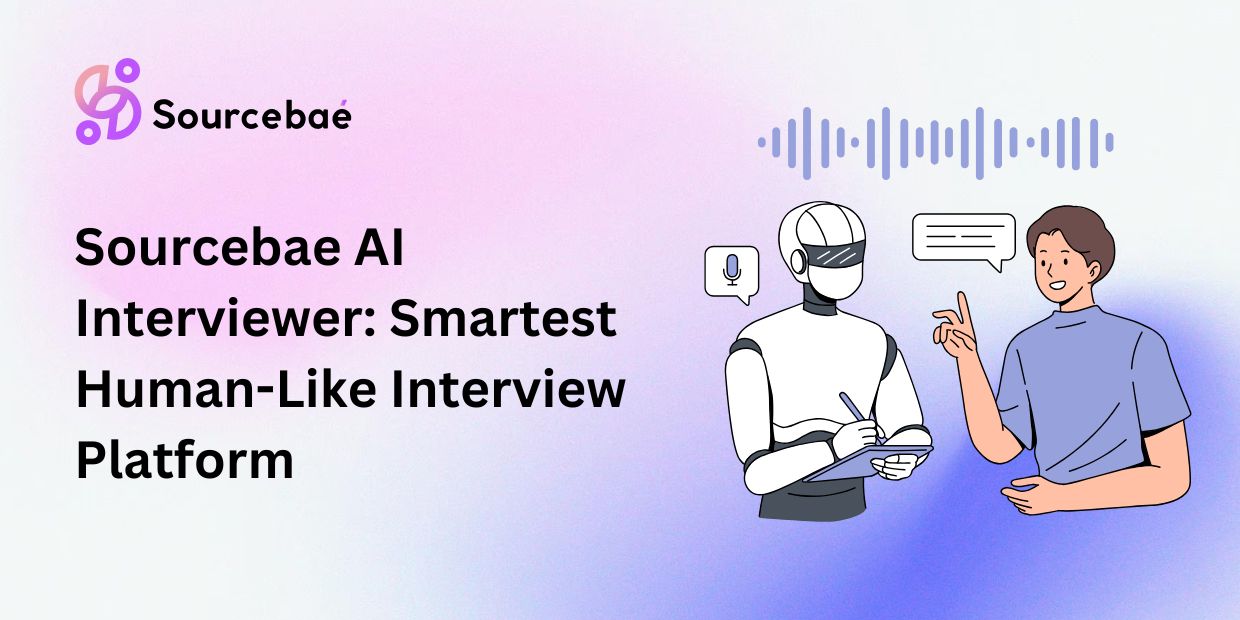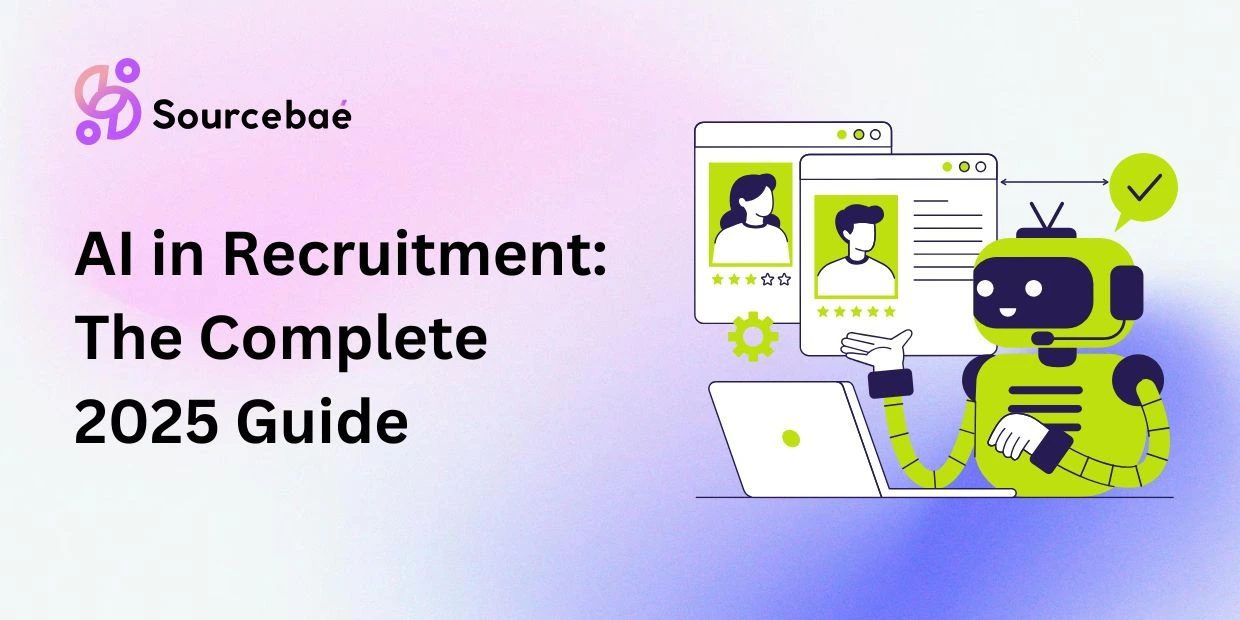In today’s fast-paced business landscape, providing exceptional customer care is paramount. The integration of artificial intelligence (AI) has revolutionized how companies approach customer support, allowing for enhanced efficiency and personalization. This article delves into the intricate workings of AI in automating customer care services, highlighting its benefits and impact on customer satisfaction.
How AI Automates Customer Care Service?
Artificial intelligence, often referred to as AI, is the simulation of human intelligence processes by machines, particularly computer systems. Its ability to process vast amounts of data, learn from patterns, and adapt its responses makes it an ideal candidate for automating customer care services. Here’s how AI revolutionizes customer support:
1. Automated Ticketing System:
AI-powered systems can categorize and prioritize customer inquiries based on urgency and complexity. This ensures that each query is directed to the appropriate department, reducing response times and increasing issue resolution efficiency.
2. Virtual Assistants:
Virtual assistants, powered by AI, engage with customers in real-time, answering frequently asked questions, providing product information, and assisting with basic troubleshooting. This enhances the user experience and frees up human agents for more complex tasks.
3. Natural Language Processing (NLP):
NLP enables AI systems to understand and process human language, both written and spoken. This facilitates seamless interactions between customers and AI-driven support, making the experience more natural and user-friendly.
4. Predictive Analytics:
By analyzing historical data, AI can predict potential issues and trends, allowing companies to proactively address customer concerns. This predictive approach minimizes the occurrence of problems and enhances customer satisfaction.
5. Personalized Responses:
AI systems can analyze customer data to provide tailored responses and recommendations. This level of personalization makes customers feel valued and understood, resulting in higher levels of satisfaction.
6. 24/7 Availability:
Unlike human agents, AI-powered systems operate round the clock, providing support to customers in different time zones and enhancing accessibility.
7. Sentiment Analysis:
AI can analyze customer sentiment based on their interactions, gauging their emotional state. This insight helps companies understand customer satisfaction levels and make necessary improvements.
8. Self-Service Options:
AI-driven self-service platforms allow customers to find solutions independently through FAQs, tutorials, and guides, reducing the need for direct assistance.
9. Streamlined Multichannel Support:
AI facilitates consistent support across various communication channels, such as email, chat, social media, and phone, ensuring a unified customer experience.
10. Continuous Learning:
AI systems learn from each customer interaction, adapting and improving their responses over time. This iterative learning process ensures that the AI’s performance continually enhances.
11. Reduced Resolution Times:
With AI’s quick problem-solving capabilities, resolution times for customer queries are significantly reduced, leading to increased customer satisfaction.
12. Cost Efficiency:
Automating customer care with AI reduces the need for a large workforce, saving costs associated with employee training, salaries, and benefits.
13. Scalability:
AI-driven systems can handle a high volume of inquiries simultaneously, allowing businesses to scale their support operations without compromising quality.
14. Data-Driven Insights:
The data collected from customer interactions can provide valuable insights into customer preferences, pain points, and emerging trends, guiding strategic decisions.
15. Proactive Outreach:
AI can initiate contact with customers for feedback, updates, or special offers, enhancing engagement and brand loyalty.
16. Handling Complex Queries:
While basic queries can be handled by AI, complex issues can be escalated to human agents with a full context of the problem, improving issue resolution.
17. Language Localization:
AI-powered systems can communicate in multiple languages, catering to a global customer base and breaking down language barriers.
18. Consistency in Responses:
AI ensures that customers receive consistent and accurate responses, avoiding the variability that can arise with human agents.
19. Integration with CRM:
AI systems seamlessly integrate with Customer Relationship Management (CRM) tools, ensuring a holistic view of customer interactions.
20. Adapting to Customer Preferences:
AI can adapt its communication style based on customer preferences, whether formal, casual, or technical.
21. Handling Peak Loads:
During peak hours or promotional events, AI can manage increased query volumes without compromising service quality.
22. AI-Enhanced Training:
AI can assist in training new human agents by providing them with real-time suggestions and guidance during interactions.
23. Enhanced Security:
AI systems can verify customer identities and detect potential fraud, adding an extra layer of security to customer interactions.
24. Aiding Data-Driven Decisions:
AI’s analysis of customer data aids businesses in making informed decisions to improve products and services.
25. Future of AI in Customer Care:
As AI continues to evolve, we can anticipate even more advanced automation capabilities, deeper personalization, and seamless integration with other technologies.
FAQs:
Q: Does AI completely replace human customer support agents?
No, AI complements human agents by handling routine tasks and inquiries, allowing human agents to focus on complex issues that require empathy and critical thinking.
Q: Can AI understand regional accents and dialects?
Yes, AI-powered systems are equipped with advanced speech recognition capabilities that enable them to understand various accents and dialects.
Q: Is customer data safe when interacting with AI systems?
Absolutely, data security is a top priority. AI systems are designed with robust security measures to protect customer information.
Q: Can AI handle interactions on social media platforms?
Yes, AI can effectively manage interactions on social media platforms, responding to queries, addressing concerns, and engaging customers.
Q: How does AI contribute to customer retention?
AI’s ability to provide personalized experiences and quick issue resolution enhances customer satisfaction, leading to higher retention rates.
Q: Will AI replace human agents in the future?
While AI will continue to play a significant role in customer care, the human touch remains essential for empathy and complex problem-solving.
Conclusion:
The integration of AI in customer care service has transformed the way businesses interact with their customers.
Through automated ticketing systems, virtual assistants, predictive analytics, and more, AI enhances efficiency, personalization, and customer satisfaction.
While AI’s capabilities are impressive, the human touch remains invaluable for empathy and complex interactions.
As AI technology advances, we can look forward to even more sophisticated automation that will undoubtedly reshape the customer care landscape.






